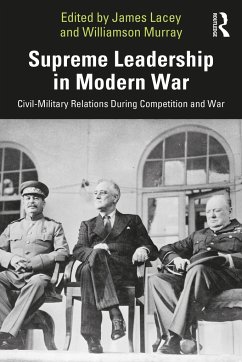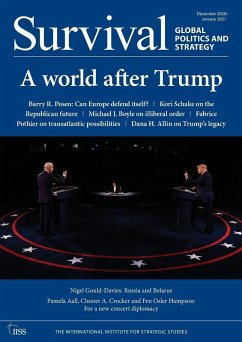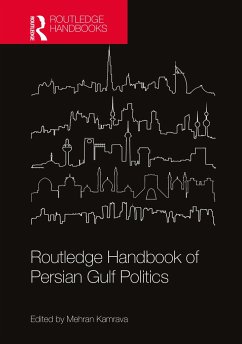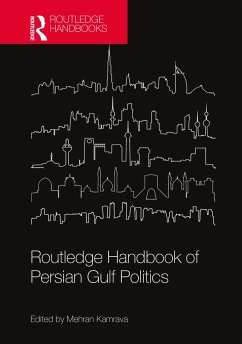
Proxy War in Yemen
Versandkostenfrei!
Versandfertig in 6-10 Tagen
51,99 €
inkl. MwSt.
Weitere Ausgaben:

PAYBACK Punkte
26 °P sammeln!
This book analyzes the civil war in Yemen and how intervening external actors have shaped the trajectory of the conflict.The work examines the conflict in Yemen as a testing ground for expectations about the autonomy and control of proxies by external patrons and the direct consequences for civilian victimization and duration of war. Like other proxy wars, the international dimensions of the war made the conflict in Yemen subject to the geopolitical interests of intervening powers. The longstanding power rivalry between Saudi Arabia and Iran over Middle East supremacy resulted in a competitive...
This book analyzes the civil war in Yemen and how intervening external actors have shaped the trajectory of the conflict.
The work examines the conflict in Yemen as a testing ground for expectations about the autonomy and control of proxies by external patrons and the direct consequences for civilian victimization and duration of war. Like other proxy wars, the international dimensions of the war made the conflict in Yemen subject to the geopolitical interests of intervening powers. The longstanding power rivalry between Saudi Arabia and Iran over Middle East supremacy resulted in a competitive intervention in Yemen, where the initial belligerents of the civil war-the Houthi and the Hadi regime-were used as proxies by Tehran and the Gulf coalition led by Riyadh, respectively. Their intervention ultimately translated into a prolonged and destructive conflict. The often contradictory and self-interested patronage strategies by the coalition's two central patrons, Saudi Arabia and the United Arab Emirates, undermined their broader goal of containing Iran. However, Iran's support for the Houthis enabled them to bait and bleed the Gulf coalition. Lastly, in an effort to balance against Iran, the United States underwrote the military campaign of the Gulf states with military hardware and personnel, thereby further prolonging the conflict and humanitarian disaster. This book concludes that intervention by external patrons both protracted the civil war and made it far more destructive for the civilian population.
This book will be of much interest to students of proxy wars, Middle Eastern conflict, and security studies in general.
The work examines the conflict in Yemen as a testing ground for expectations about the autonomy and control of proxies by external patrons and the direct consequences for civilian victimization and duration of war. Like other proxy wars, the international dimensions of the war made the conflict in Yemen subject to the geopolitical interests of intervening powers. The longstanding power rivalry between Saudi Arabia and Iran over Middle East supremacy resulted in a competitive intervention in Yemen, where the initial belligerents of the civil war-the Houthi and the Hadi regime-were used as proxies by Tehran and the Gulf coalition led by Riyadh, respectively. Their intervention ultimately translated into a prolonged and destructive conflict. The often contradictory and self-interested patronage strategies by the coalition's two central patrons, Saudi Arabia and the United Arab Emirates, undermined their broader goal of containing Iran. However, Iran's support for the Houthis enabled them to bait and bleed the Gulf coalition. Lastly, in an effort to balance against Iran, the United States underwrote the military campaign of the Gulf states with military hardware and personnel, thereby further prolonging the conflict and humanitarian disaster. This book concludes that intervention by external patrons both protracted the civil war and made it far more destructive for the civilian population.
This book will be of much interest to students of proxy wars, Middle Eastern conflict, and security studies in general.













